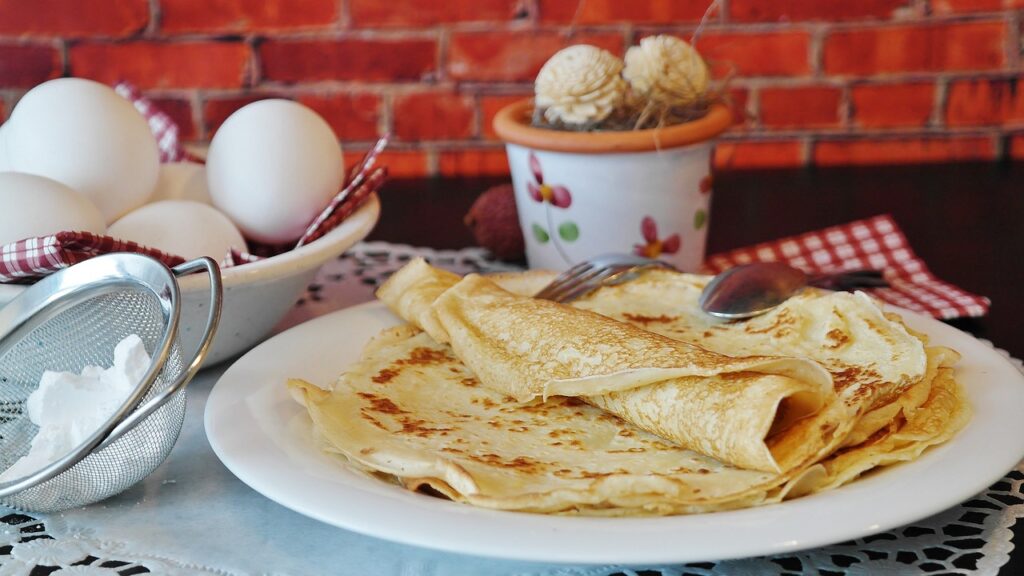Brewing Ingredient for Traditional Pilsner
When it comes to brewing a traditional pilsner, the choice of ingredients plays a crucial role in achieving that crisp, refreshing taste that aficionados love. One essential brewing grain for Bavarian pilsner that stands out in terms of flavor and character is essential brewing grain for Bavarian pilsner. Let’s dive into why this ingredient is crucial and how it enhances the overall brewing process:
Origins and Characteristics
Heritage: This particular brewing grain has a long history rooted in traditional Bavarian brewing practices, where it has been prized for generations for its unique qualities. Flavor Profile: Known for imparting a rich malty flavor with subtle hints of sweetness, essential brewing grain for Bavarian pilsner contributes to the signature taste of this classic beer style. Color: It also plays a role in determining the beer’s color, giving it that distinctive hue that is characteristic of Bavarian pilsners.
Brewing Process
Mashing: During the mashing process, essential brewing grain for Bavarian pilsner undergoes a carefully controlled steeping and heating process to extract its sugars, contributing to the sweetness and body of the final brew. Fermentation: When it comes to fermentation, the sugars from this brewing grain are converted into alcohol by yeast, resulting in a wellbalanced pilsner with just the right amount of sweetness and bitterness.
Impact on Flavor
Malty Backbone: The use of essential brewing grain for Bavarian pilsner provides a solid malty backbone to the beer, enhancing its overall flavor profile and complexity. Balanced Bitterness: By complementing the hops with its malty sweetness, this grain helps achieve the perfect balance between bitterness and sweetness in the finished pilsner. Aroma: It also contributes to the beer’s aroma, adding layers of complexity that make each sip a truly enjoyable experience.
Brewing Tips
Quality Matters: When selecting essential brewing grain for Bavarian pilsner, opt for highquality varieties to ensure the best results in terms of flavor and overall beer quality. Proper Storage: Store the brewing grain in a cool, dry place to maintain its freshness and integrity, ensuring that it retains its full flavor potential. Experimentation: Feel free to experiment with different ratios of essential brewing grain for Bavarian pilsner to tailor the flavor profile of your pilsner to your personal preferences.
In conclusion, the use of essential brewing grain for Bavarian pilsner is a key ingredient in crafting a traditional pilsner that is true to its roots and delivers a delightful drinking experience. Its rich malty flavor, balanced sweetness, and contribution to the beer’s overall complexity make it an indispensable component of any Bavarian pilsner recipe. So, the next time you’re brewing up a batch of this classic style, be sure to include this essential brewing grain to elevate your pilsner to new heights of flavor and authenticity. Cheers!

 Jessica Lassiter is a committed article writer at Your Local Insight Journal, where she plays a vital role in delivering timely and engaging content to the Lansing, MI community. Her dedication to journalism is evident in her ability to cover a wide range of topics with clarity and depth.
Jessica Lassiter is a committed article writer at Your Local Insight Journal, where she plays a vital role in delivering timely and engaging content to the Lansing, MI community. Her dedication to journalism is evident in her ability to cover a wide range of topics with clarity and depth.
